The importance of having a good rival in cycling
The bogeyman. Frankenstein. Dracula. Goliath. Alien. The witch. The wolf. The better the villain, the better the movie.
Historical cycling rivalries
So said a famous advertising campaign and the truth is that it was absolutely right. Without getting into the barren debate about good and evil, we all have our nemesis. And in cycling too, there have been tremendous rivalries that have forever remained in the retina and in the feelings of the fans and that have resulted in duels that have improved both competitors.
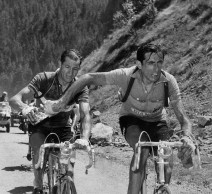
Van der Poel against Van Aert is just the latest one in this long list that we would never finish. It is true that these two tremendous cyclists have been battling each other since they were children, and they have done so in cyclocross and road racing.
RECOMENDADO
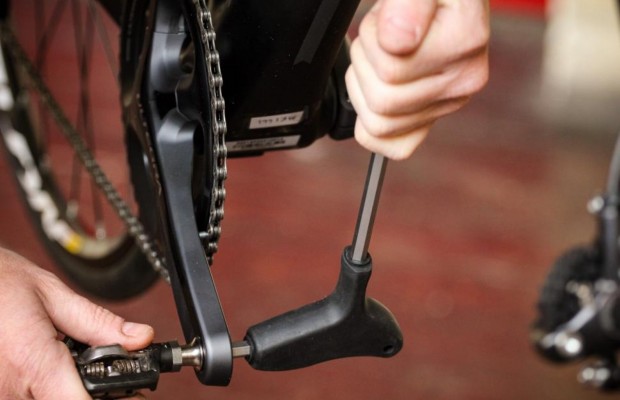
How to change the pedals of any bike in 5 steps
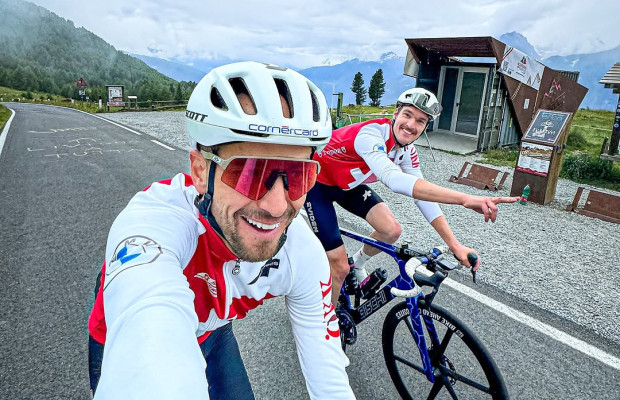
Is it possible to do base training when time is short?
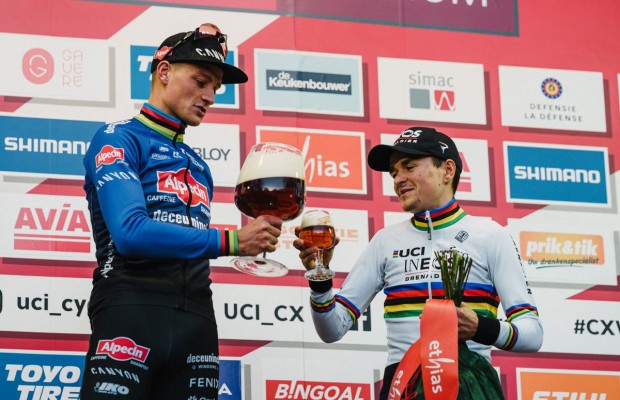
Alcoholic beverages with the fewest calories
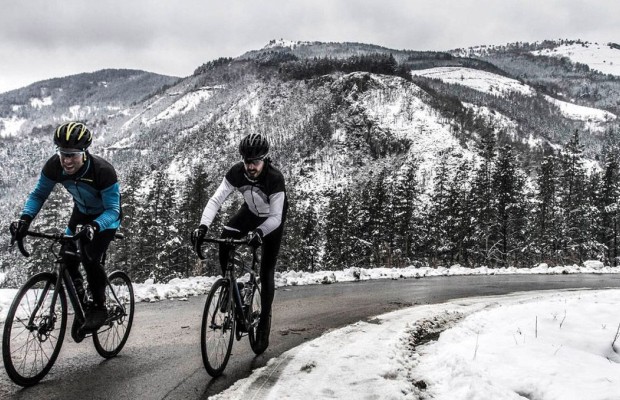
Cycling tips for the Christmas season

What would you do if you won the lottery? This cyclist bought himself a €20,000 bike

Benefits of training in the cold
But the most lovers of the classic will remember the duel between two Italians like Bartali and Coppi and that famous photograph passing a bottle, it is not known who to whom, which demonstrates the greatness in the fight.
Our hearts still break when we see Ocaña fall to the ground on that left turn and with him the only cyclist who stood up to Merckx. We all feel sorry for Rominger, who was the best second to Miguel Indurain, a very long shadow.
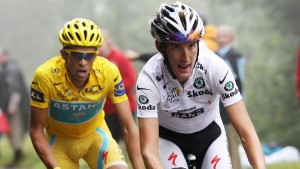
Or the disputes during and afterwards between Contador and Amstrong when they shared a team and the good Alberto Contador decided not to be a simple gregario.
They are iconic images, but how does a good rival improve a cyclist?
A good rival, will make you a better cyclist
There are cyclists who improve under pressure and competitiveness, and others who fall apart. It rarely happens that in a duel, a constant is maintained. Often, one cyclist is on an upward trend while another is going through a crisis.
Rivalry, always understood from competitiveness, is healthy. It is about stories of personal effort in a field, like cycling, which is not alien to life. Rivalry is everywhere. Physical rivalry means pushing yourself to the max, knowing that there is someone knocking on the door and that any mistake means defeat. This implies a mental and moral strengthening that makes the great champions have an impregnable character.
However, rivalry can also mean sinking. Many sports psychologists affirm this: if you do not control your rivalries, your rivalries end up controlling you on the bike. And any obsession, also in cycling, ends in trauma. That's why, even between two identical people, two twins, it will be their mentality that determines their performance.
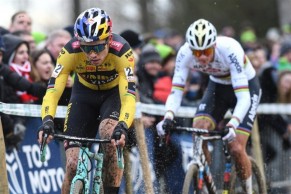
And everyone agrees: a good rival, well managed, means much more. Confidence, ability to surpass oneself, improvement in the maturation of emotions and thoughts, improvement in decision making, and much more.
Many cyclists have thanked their opponent for being there, pushing them to the limit, making them better. The best example is Cavendish, who stated that Kittel had made him stop feeling invincible and start figuring out how to beat him, something that made him a better cyclist. He literally thanked him for this.
Rivalries existed, exist and will exist. Well managed, they only bring spectacle and great cycling experiences. Blessed be the villain of the movie.